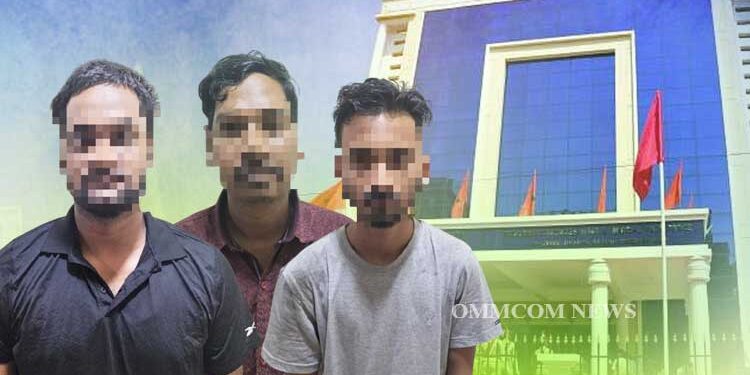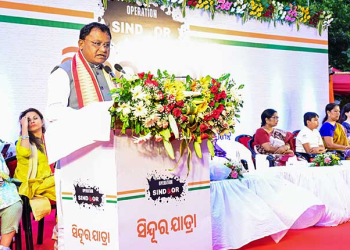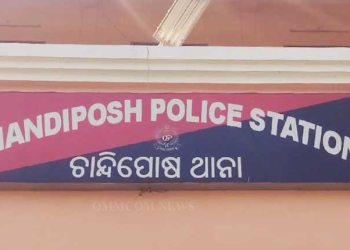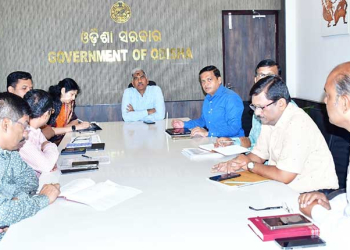Bhubaneswar: Acting on intelligence inputs regarding OTP sharing with some criminals and anti-national elements, Odisha Special Task Force (STF) conducted a raid and nabbed three accused – a Pathanisamant Lenka (35), a resident of Badapandusar police station area in Nayagarh district; Saroj Kumar Nayak alias (26) of Sakeni under Dasapalla police station limits in Nayagarh district; and Soumya Pattanaik (19) of Udayapur under Sujanpur police station limits in Jajpur district.
During the raid, various incriminating materials like expensive mobile phones, pre-activated SIM cards, laptops, etc. were seized from their possession. The accused persons could not give any satisfactory answer regarding sharing of OTPs and other information with foreign nationals. Consequently, they were arrested and forwarded to the court of SDJM, Bhubaneswar, on Saturday.
A case (No. 10 dated 12.05.2023) under Sections 419/ 420/ 465/ 467/ 468/471/120(B)/34 IPC r/w 66C & 66 D IT Act, 2000, has been registered at the STF police station in this connection.
According to the STF, the accused were fraudulently procuring huge numbers of SIM cards in others’ names and selling the OTPs (linked/generated using the SIMs) to various clients, including some Pakistani Intelligence Operatives (PIO)/ISI agents in Pakistan as well as in India. In return, they would be paid by Pakistani agents based in India.
The accused were allegedly also in touch with a female PIO agent who was arrested last year in an Official Secrets Act/honey-trap case in Rajasthan.
These OTPs were then used to create various accounts/channels on social media like WhatsApp, Telegram, Facebook, Instagram, etc., and online shopping sites like Amazon and Flipkart, etc. The OTPs were also used in opening email accounts. Though these accounts are of Indian origin, they are actually operated from Pakistan, the STF said in a release.
Accounts created on social media platforms using the SIM cards will be used in various kinds of anti-India activities like spying, communication with terrorists, radicalisation, running anti-India propaganda, fuelling anti-India/divisive sentiments on social media, sextortion, honey-trapping, etc, the release added.
Apart from these, the accounts were also used for creating and selling mule accounts through social media groups which are again used in various kinds of crimes.















